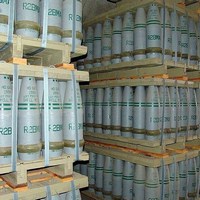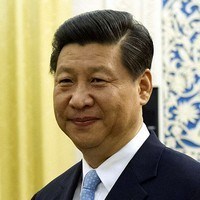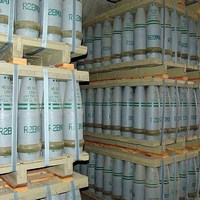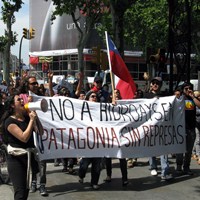
Since the Arab uprisings erupted two and a half years ago, the global jihadi movement has metastasized to a variety of new locales across the Arab world, most recently in Syria, Libya, Sinai and Tunisia. While these upheavals surprised many in the region, al-Qaida had predicted such events unfolding in a 20-year strategic plan (2000-2020) that came to light in 2005. That blueprint has gone according to plan so far, albeit more because of outside and structural forces than the efforts of jihadis themselves. As a result, the movement was well-positioned to take advantage of the new developments. In his […]













